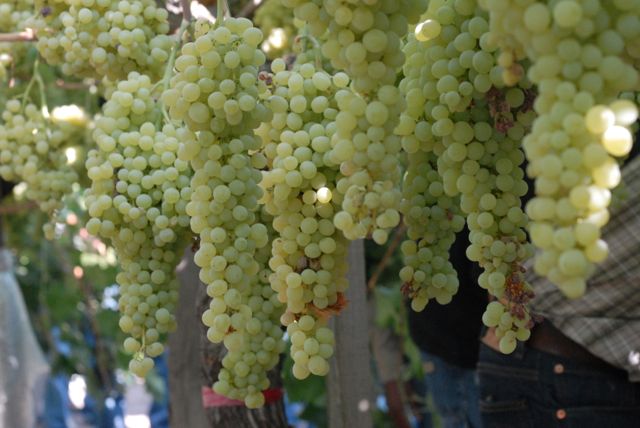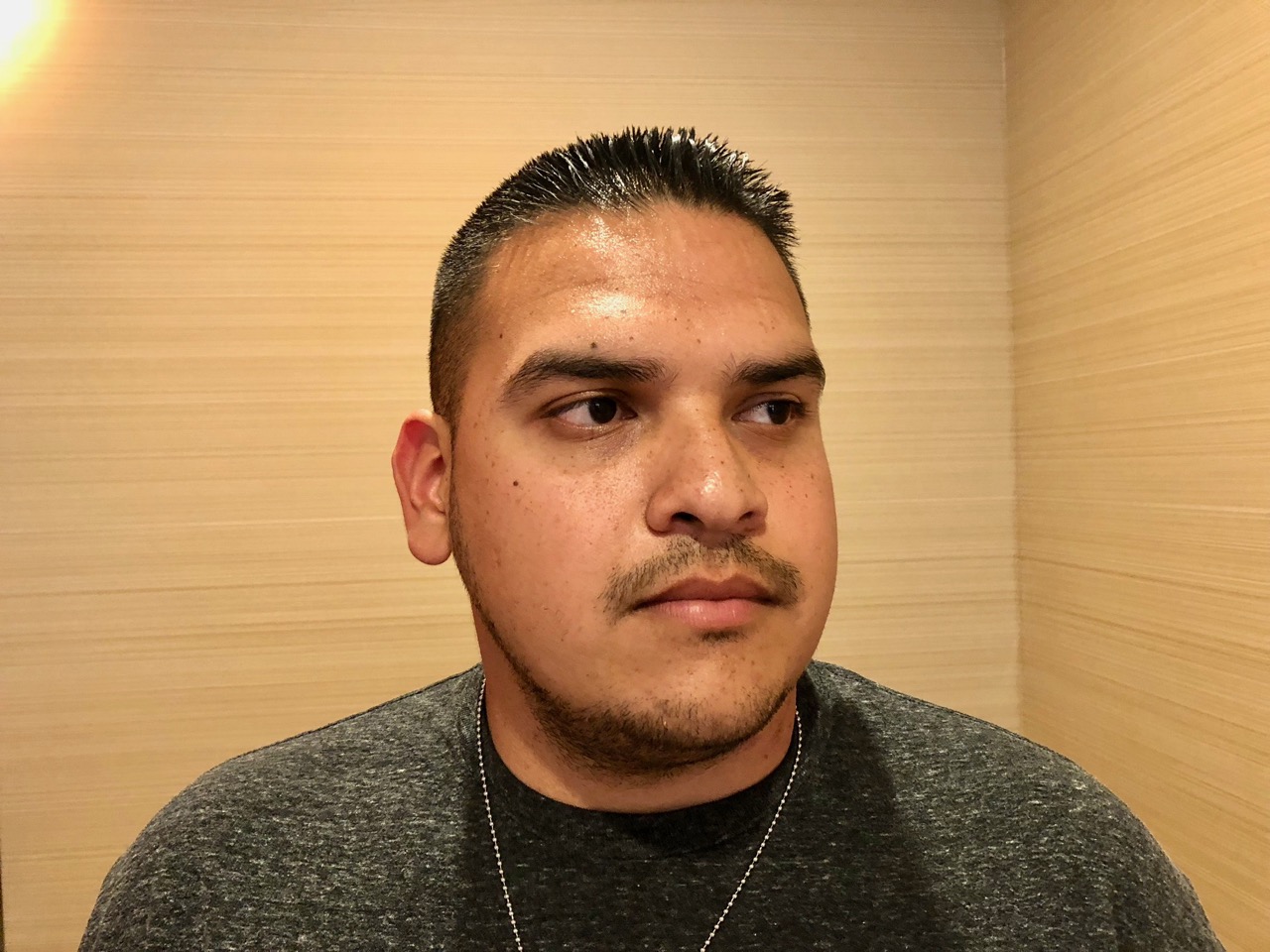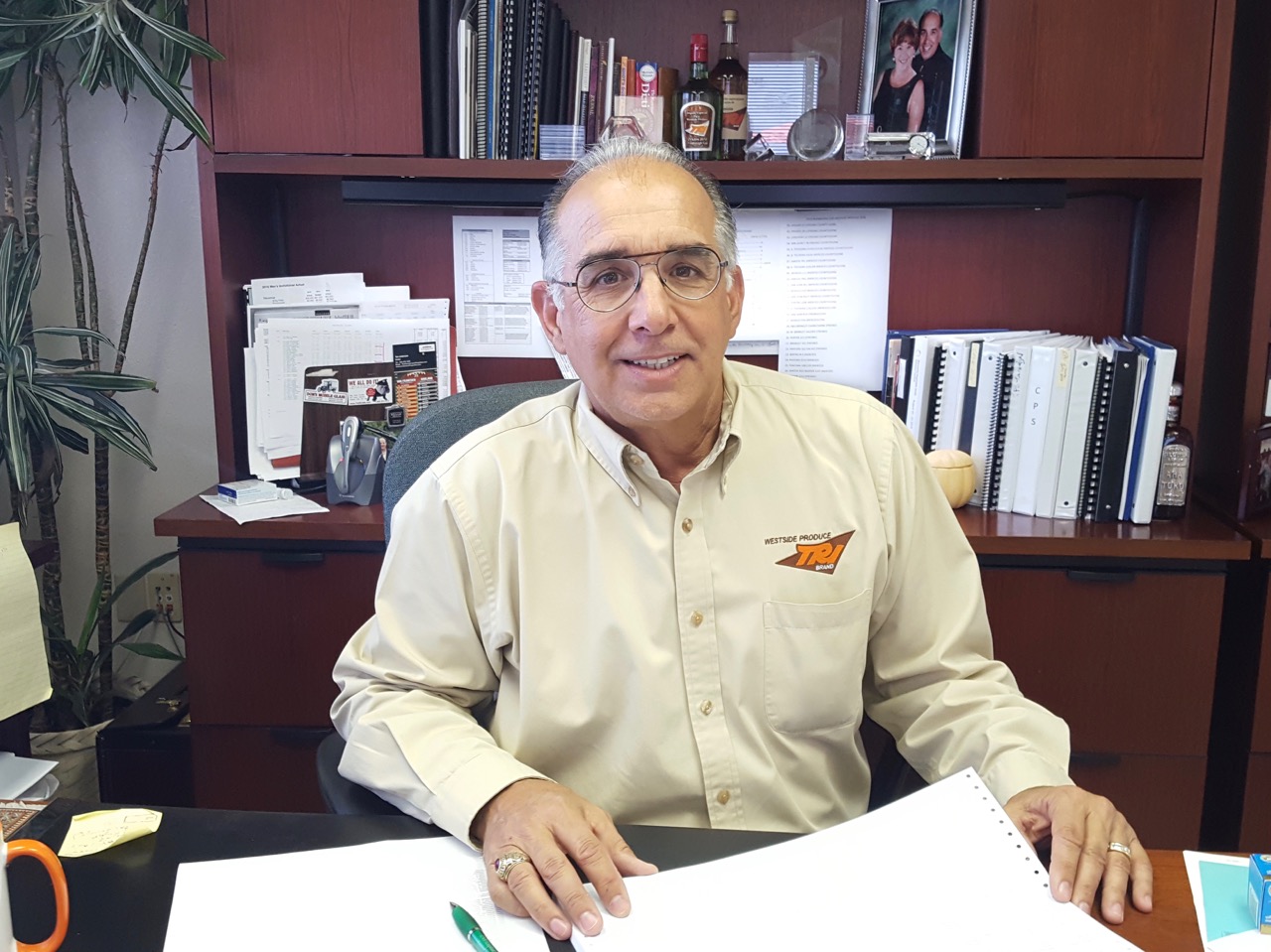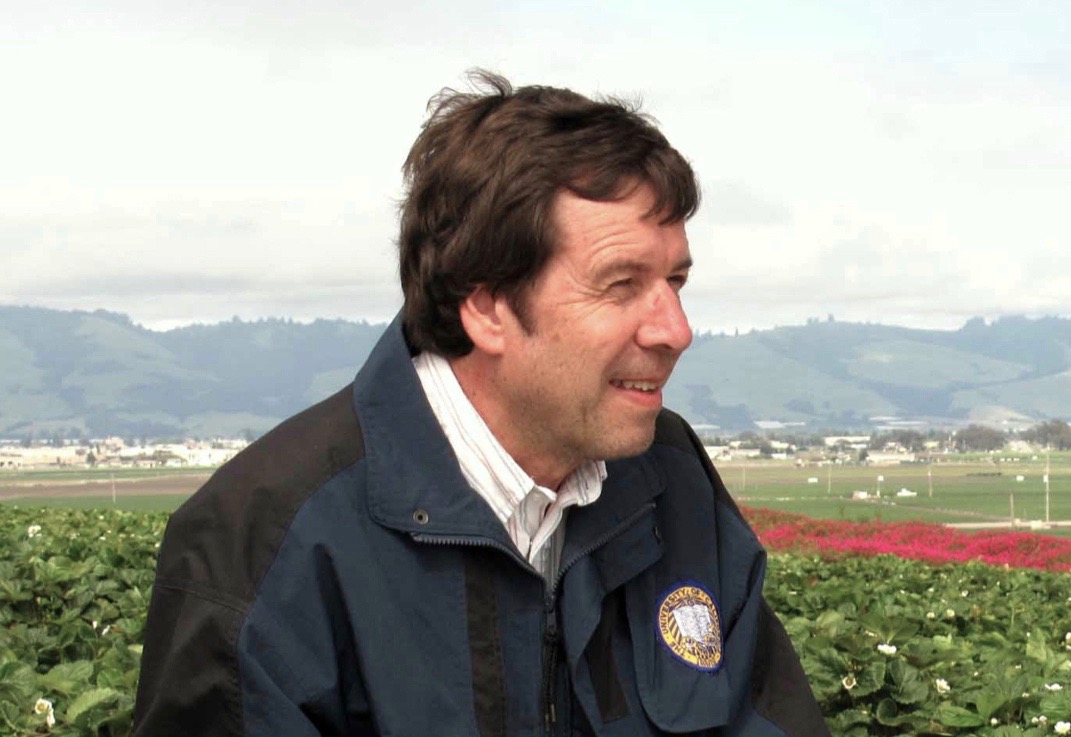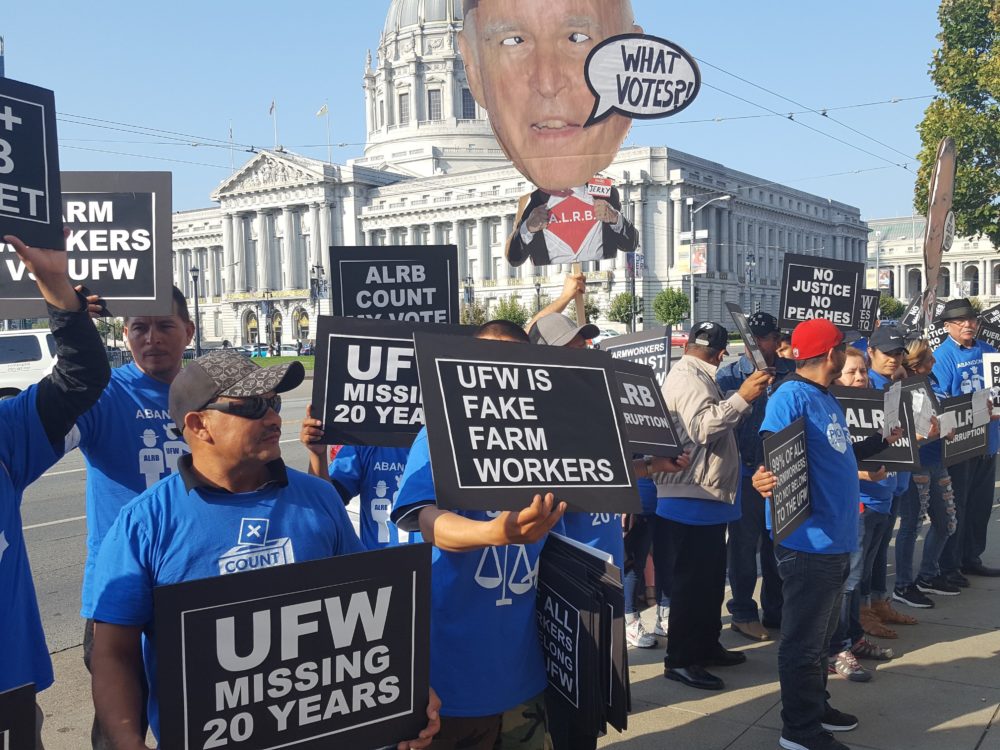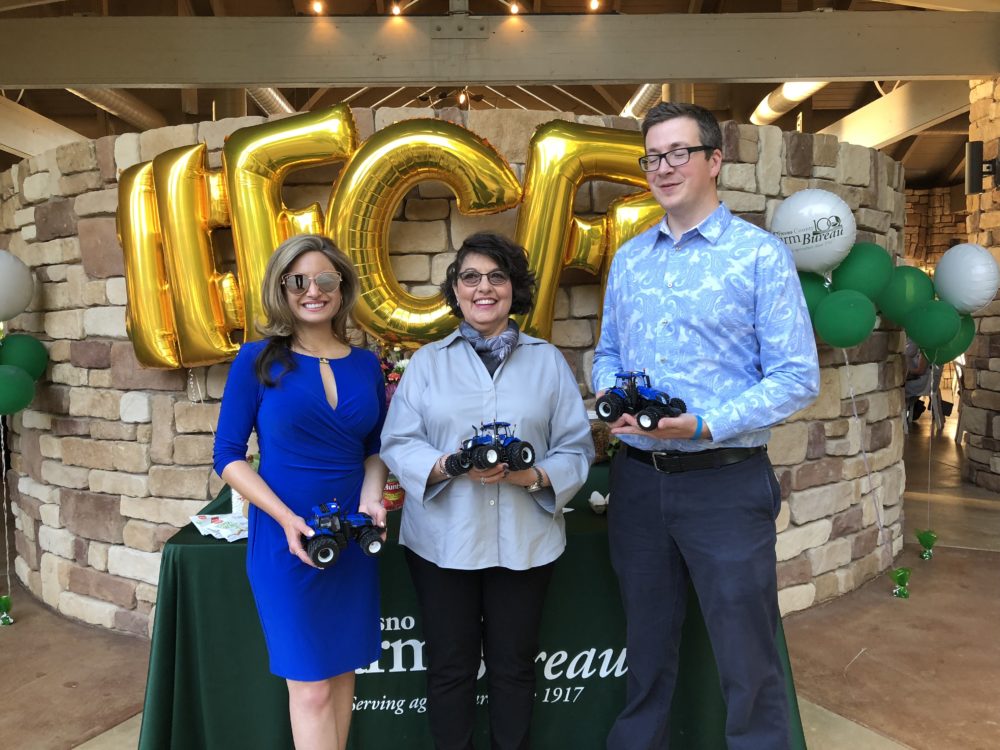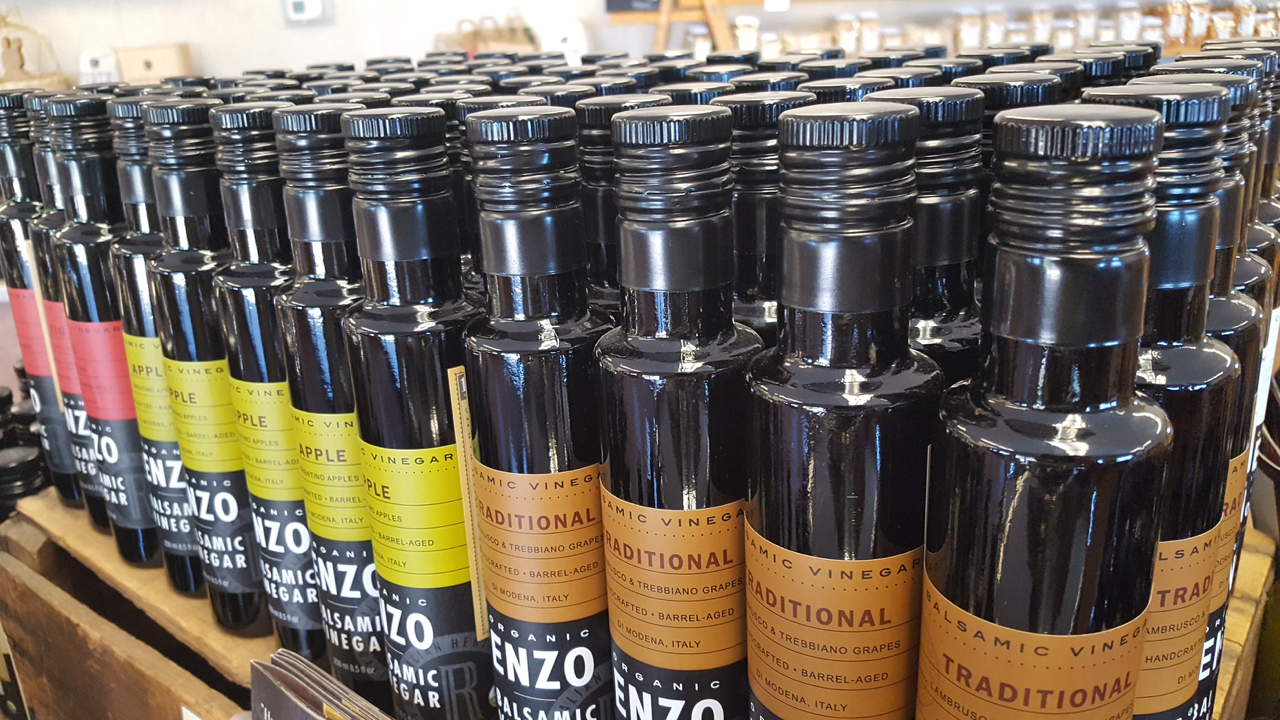STK REGEV ‘Hybrid’ Fungicide Named Finalist for Best New Crop Protection Product
TIMOREX GOLD Finalist for Best Marketing Campaign
News Release Edited by Patrick Cavanaugh
STK bio-ag technologies, a global leader in the development and marketing of botanical based and hybrid solutions for food protection, was selected as a Finalist in two Agrow Award categories … REGEV ‘Hybrid’ Fungicide for Best New Crop Protection Product of the Year, and the TIMOREX GOLD Outreach for South American Growers as the Best Marketing Campaign of the Year.
Note that Regev is not registered in California while Timorex Gold is pending registration in California.
REGEV is the first product of its kind in the market. REGEV is a pre-mix hybrid solution that delivers effective and sustainable disease control in a very wide variety of high-value, row and even broad acre crops. This is a breakthrough formulation which creates a bridge to future biologics use, enabling growers in all sectors and geographies to reduce their ecological footprint and thrive economically to better meet the demand for sustainable food protection.
REGEV is a revolutionary and easy-to-use approach to sustainable crop protection. REGEV is a hybrid pre-mix, which is used in exactly the same way growers use their current chemical fungicides. No mixing. No Rotating.
REGEV enables growers who have never used any biological product to try a biologic, experience an effective new tool for combating resistance, increase crop yields, sharply reduce chemical residues and make crops more competitive with consumers and regulators globally,” said Arye Tenenbaum, CEO of STK bio-ag technologies.
The Agrow Awards were developed to recognize excellence in the crop protection and production industries. Entries are evaluated using a wide range of criteria by an independent judging panel consisting of a group of experts from around the world.
Winners of the 11th Annual Agrow Awards will be announced at the Awards Gala scheduled to take place on November 12th at 8 Northumberland in London.

